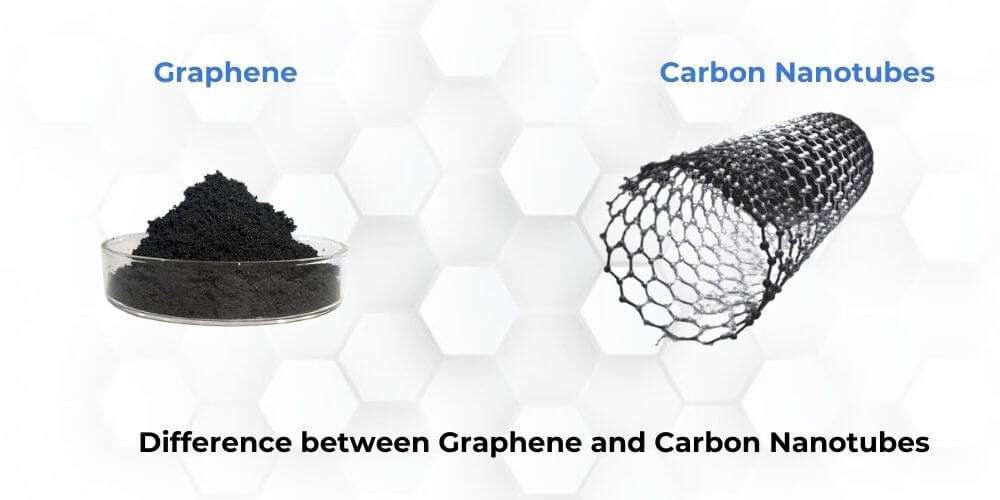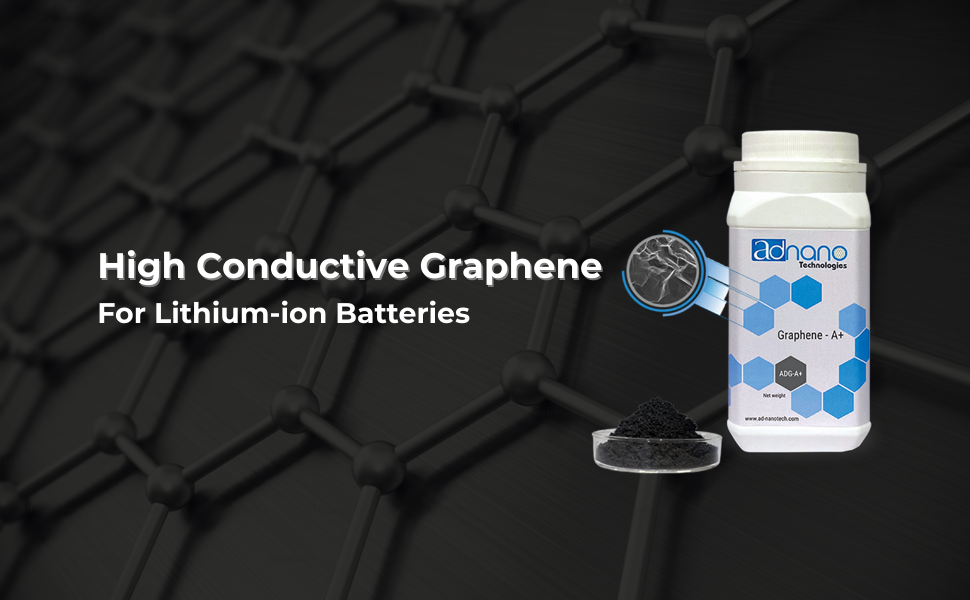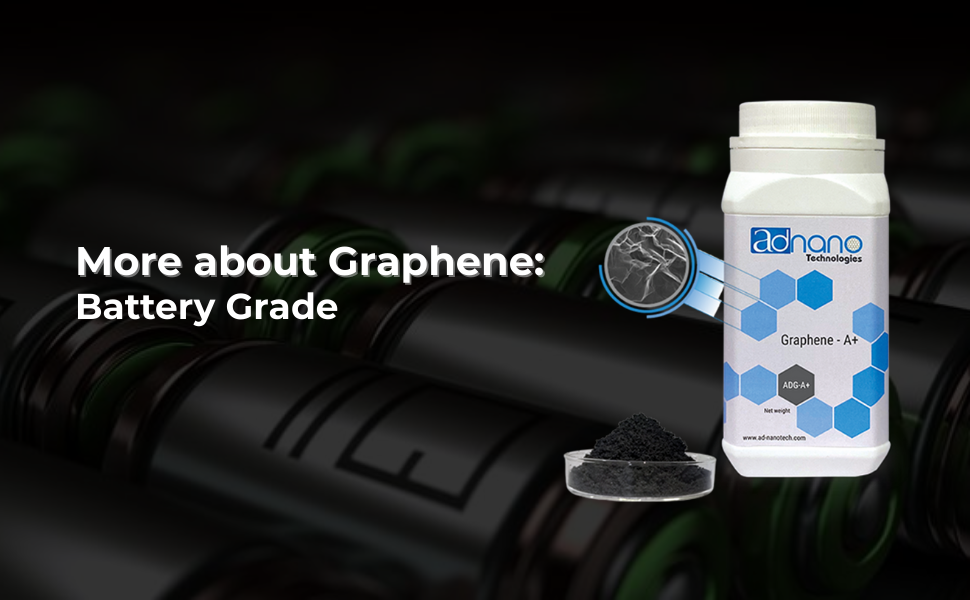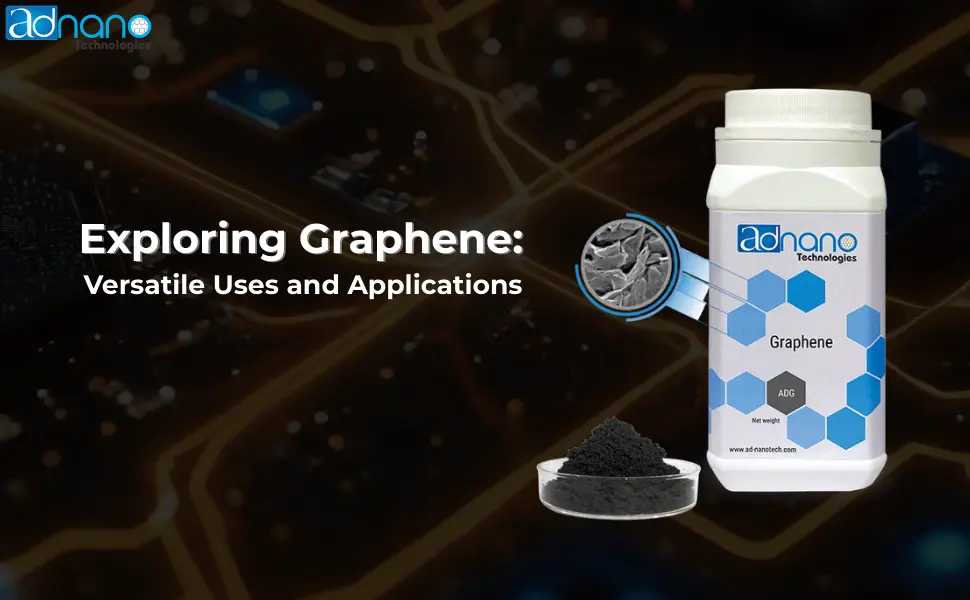
by ad-nano | Jun 27, 2024 | Research
What is Graphene?Key Properties of Graphene:What are Carbon Nanotubes? Key Properties of Carbon Nanotubes:Graphene vs. Carbon Nanotubes: Main Differences Structural Differences Mechanical Properties Synthesis and ProductionApplications of Graphene and Carbon...

by ad-nano | May 6, 2024 | Research
Graphene in concrete offers numerous benefits and has various applications in the construction industry, paving the way for more durable and efficient structures. Benefits of Graphene in Concrete Microstructural Enhancements 1. Graphene possesses a significantly...

by ad-nano | Apr 23, 2024 | Research
Graphene in Improving Battery Performance Graphene is capable of resolving the challenges facing traditional battery technology. Graphene is an efficient conductor of electricity, and this allows electrons to move quicker within the battery. This means higher power...

by ad-nano | Apr 6, 2024 | Research
Graphene’s properties have already enhanced many electronics and batteries, and it’s poised to revolutionize these fields even further. Its lightweight yet strong composition allows graphene for battery appliactions to act as a superior conductor for...

by ad-nano | Mar 20, 2024 | Research
Graphene, the world’s thinnest, strongest, and most electrically conductive material is also called as “material of the future.” Its various unique properties, makes it a suitable candidate for revolutionizing numerous industries, from electronics to...






